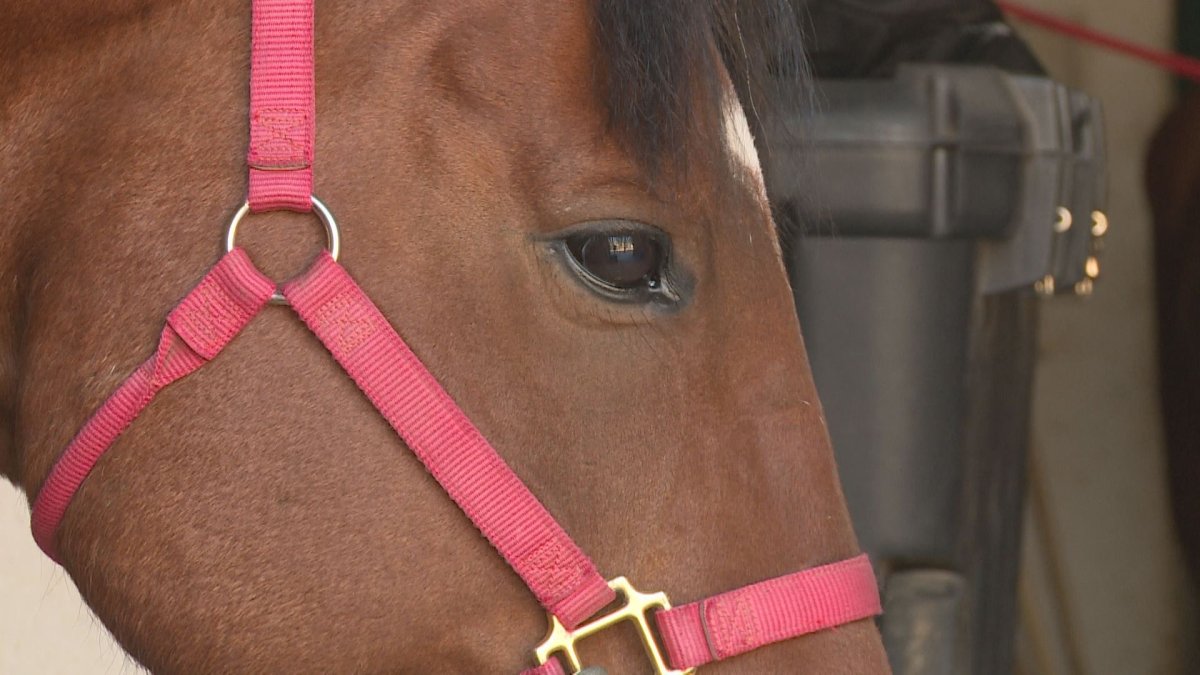Horses, donkeys and mules make up a vast equine community in Alberta.

According to newly-released research findings from a study initiative by the Alberta Equestrian Federation (AEF), the industry is a major contributor to the provincial economy.
The AEF has been around since 1978 as a membership-driven not-for-profit association representing the interests of the equine industry in all sectors throughout Alberta, but hadn’t done a study related to economic impact until 2021.
“In the last few years, we’ve been thinking about (how) it seems like our industry is really making a contribution to the provincial economy, and we should try and figure out how to measure it,” explained president elect of AEF Jason Edworthy.
“The equine industry is actually amazingly complex when you think about people who supply hay, people who board horses, trailer sales, truck sales, veterinarian services.”
Edworthy explained AEF hired an independent contractor to come up with the estimates, which found approximately 142,000 equines live on 25,000 properties in Alberta.
He suspects there are more to be accounted for, but there isn’t a comprehensive way to track the population at this time.
Regardless of the exact size, their contribution is making a splash.
“Findings indicate the total economic impact of the equine community in terms of Gross Domestic Product amounted to just over $1.4 billion in 2021,” according to AEF’s website. “Direct expenditures in the equine community totaled over $1.7 billion. These expenditures result in a contribution of $855 million in labour income.”
“The fact that it’s such a significant contribution to the GDP, it really helps us justify our investments and our plans going forward to help grow the industry,” Edworthy added.
According to the report summary, more than half of the horses in the province are used for recreational purposes, while 40 per cent are used for sport, and around six per cent are work horses.

“There’s just a great number of people that enjoy their horses and may do everything from backcountry packing for fun, to trail riding, to just riding around their field,” Edworthy said.
Meanwhile, it also found the cost of caring for a sport horse is around double that of a recreation horse, and triple the cost of caring for a work horse.
Donna Ferguson, owner and head trainer at Tailwind Equestrian in Lethbridge, currently has 23 horses in her care.
“To care for your horse (costs), I would say annually $12,000 to $15,000, and that’s before you pay for any training on your horse to get yourself to the competitions,” she said.
Ferguson said feed and hay costs have recently spiked — in some cases more than doubling.
“Most horse owners will tell you that the enjoyment of owning a horse outweighs those expenses.”
Tailwind offers riding lessons for a variety of skill levels. Ferguson said she is pleased with the increased interest in the recreational component.
“I would say, historically (this is) the first time that I have a waiting list that I can’t get somebody in right away, so that’s a really good sign,” she said.
“I would hope that we continue to see the industry grow. Alberta is a great place to be involved with horses and sport horses.”





Comments